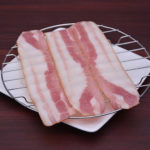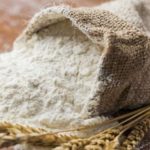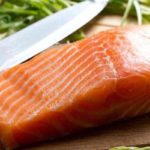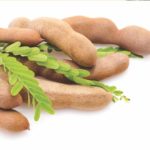Butter, whether of plant or animal origin, is an indispensable ingredient in cuisine, especially in the baking industry. It not only contributes to the distinctive aroma but also makes your cakes softer and smoother. So, what’s the difference between plant-based and animal-based butter? Let’s explore this in the article below.
1 Animal Butter
Characteristics: Naturally derived, sourced from animal milk (mainly cow’s milk)
Fat Content: High, approximately 80%
Usage: Preferred in baking due to its superior taste and aroma compared to plant-based butter.
Popular Varieties: Anchor butter, President butter, and Sunflower butter

2 Plant-Based Butter
Characteristics: Laboratory-made, extracted from oil-containing seeds such as corn, cereals, and beans.
Fat Content: Low, approximately 20%
Usage: Primarily used for cooking, frying, and spreading on bread. Not recommended for baking as some of the beneficial fats are converted into saturated fats during the metabolic process, which can be detrimental to health.
Popular Varieties: Vivo sliced butter, Tuong An butter, and Meizan butter.

3 Choosing Between Animal and Plant-Based Butter
While some sources suggest that the high-fat content in animal butter can lead to cardiovascular issues and weight gain, moderate consumption coupled with a healthy diet means animal butter need not be harmful.
Animal butter also has skin-enhancing properties and boosts the immune system.
Plant-based butter can help lower bad cholesterol and, due to its lower fat content, is ideal for those on a diet, suffering from hypertension, at risk of cardiovascular disease, or overweight.
According to the United States Department of Agriculture, a teaspoon of butter (14g) contains approximately 420 kcal. Therefore, regardless of the type of butter used, it is recommended to not exceed 14g of butter per day.
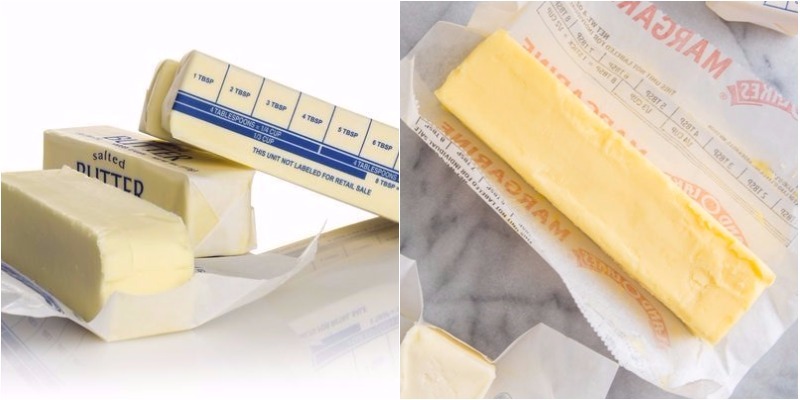
With this information, you can now make an informed choice between animal and plant-based butter. Remember to always store butter in a cool place, preferably in the refrigerator, to maintain its quality. We hope you found this article helpful!
Identifying the Differences between Bleached and Unbleached Flour
This article will take a closer look at the distinguishing features between bleached and unbleached flour. We will examine the advantages and disadvantages of both, so that you can better understand how each type of flour affects baking recipes. Read on to discover more about the unique properties of bleached and unbleached flour!
Unlock Benefits of Meowington’s Meow-tastic Feline Elixir for an Exciting Feverish High
Vietnamese people’s fondness for mangoes is well-known, and they are more than just delicious tropical fruit. Not only do mangoes boast a sweet and sour taste that make them popular for both snacking and cooking, but they also offer a host of health benefits to those who consume them. Originating from Africa, mangoes are now widely grown in both Asia and Latin America.

























